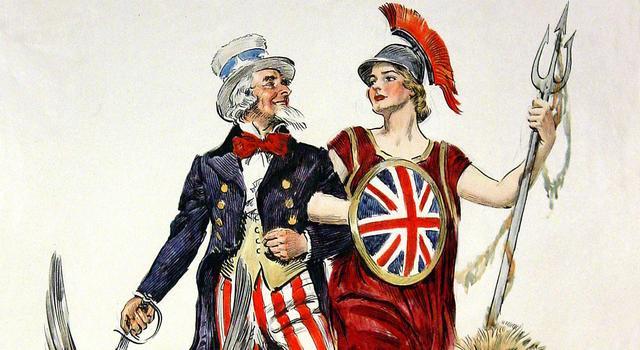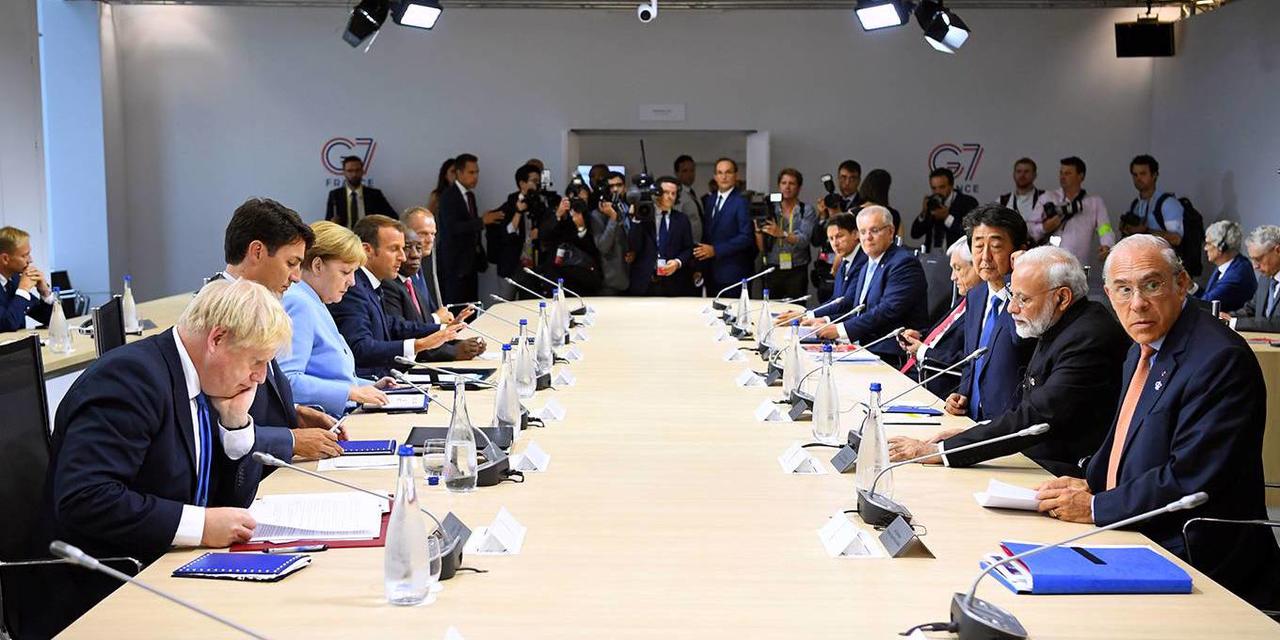Authored by Huw van Steenis, op-ed via The Financial Times,
As central bankers weigh up cutting interest rates deeper into negative territory, investors should consider when the risks of this trend will begin to outweigh its benefits.
With almost $17tn of negative-yielding debt already out there, I fear we have already hit the reversal rate — the point at which accommodative monetary policy “reverses” its intended effect and becomes contractionary for the economy.
Conventional macroeconomic models typically take banks and other intermediaries for granted. As a result, the overall benefits of cutting rates below zero may have been exaggerated.
Like steroids, unconventional policy can be highly effective in short dosages, but just as long-term usage of steroids weakens bones, so below-zero rates can weaken the financial system.
Negative rates erode banks’ margins and distort their incentives. They encourage lenders to seek out opportunities overseas rather than in their home markets. They also risk disrupting bank funding.
All these effects run counter to the central banks’ desire to ease credit conditions and support financial stability. How policymakers assess where and when the reversal rate kicks in will be pivotal to how investors should weigh up different policy packages from the European Central Bank and others.
Japanese banks, and more recently their European counterparts, have illustrated some of the problems caused by cutting rates. Japan’s regional banks have among the lowest returns on assets of any around the world.
Larger banks have fared somewhat better, in part by lending more overseas. Japanese banks bought about a third of the higher-rated tranches of US collateralised loan obligations — investment vehicles that buy leveraged loans — in the past few years.
Quantitative easing programmes have helped the global economy and enabled banks to repair their balance sheets. Low rates have improved the affordability of their loans, reduced bad debts and lifted the value of assets.
Japanese banks have relied upon capital gains from owning government bonds to offset pressures on profitability. But increased ownership of bonds can become a dangerous dynamic, a phenomenon known as a “doom loop”, magnifying the effects of swings in prices.
Lower profitability also reduces the ability of banks to upgrade their technology and enhance cyber defences, storing up future risks to financial stability.
Suppressing bad debts in the eurozone via QE has been useful for the banks, but this has largely come from indirect benefits, such as by reducing the difference in yield between German and, for example, Italian bonds. If central bankers really want to help increase the flow of credit, then buying the banks’ own debt as part of QE, which is still a taboo for the ECB, may be a better option than cutting rates further.
One counterargument is that the impact of negative rates appears to have been fairly benign in Sweden, Denmark and Switzerland, through the tiering of rates, where only part of banks’ reserves at the central bank are penalised. While these measures help, they are no panacea.
Banks have sought to offset negative rates by charging higher fees, repricing mortgage spreads and, in some cases, lending more aggressively. The longer the experiment lasts, the more Danish and Swiss banks are having to pass on negative rates to clients.
These tiering schemes were explicitly designed as foreign exchange policies, to deter inflows and protect banks. The spillover effects via the currency need to be weighed carefully. Should the ECB follow the Danish model, it may inadvertently exacerbate investors’ trade war concerns.
Pension funds’ asset allocations are increasingly being distorted by negative rates, too. One of the most striking consequences has been to encourage investors out of Japanese and more recently European markets and into US credit and equities instead. The thirst for yield has led to a self-reinforcing bid for longer-dated bonds.
As most savers target a particular level of retirement income, the lower rates go the more they will need to save to hit their targets, reducing their ability to spend today.
Investors are no longer sure how low rates might go in a range of countries. As long as this uncertainty remains, it is hard for banks to know whether the loans they are making are economically sensible or for investors to price the securities of financial institutions with confidence.
The assumption of a world without financial friction has been a fundamental weakness in much macroeconomic analysis. Where the reversal rate may be, and how long companies can endure these conditions, should be central to the policy debate. Otherwise, central bankers could end up doing more harm than good.
via ZeroHedge News https://ift.tt/2NP6532 Tyler Durden







